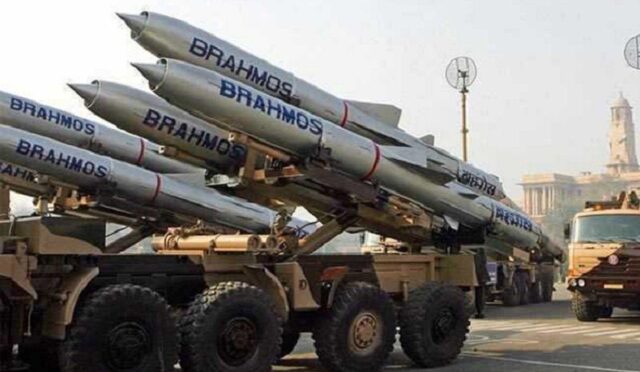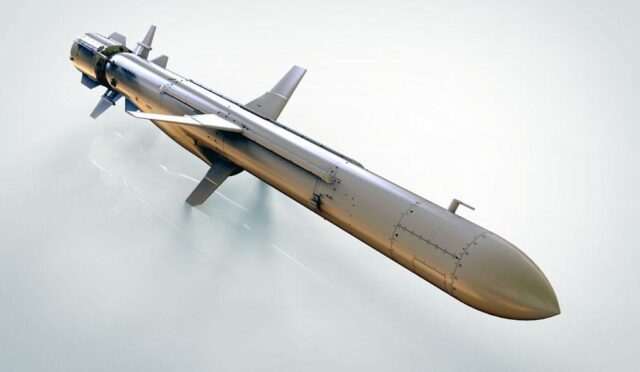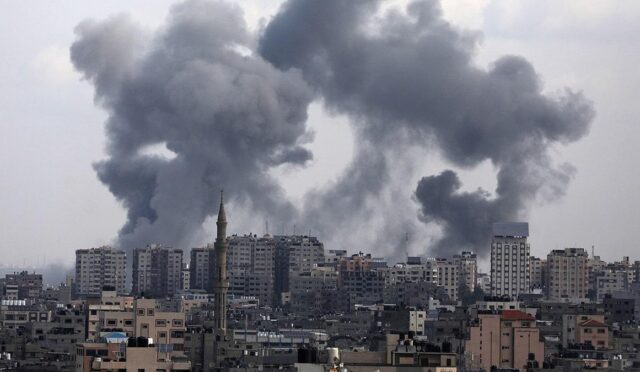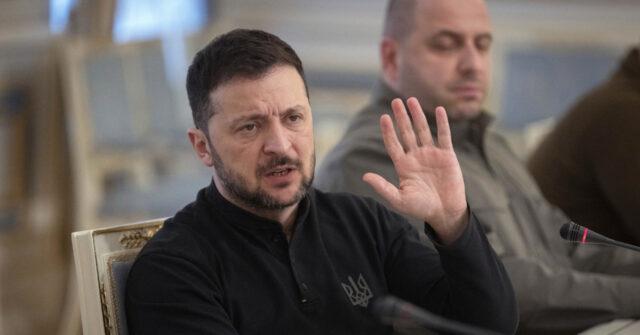US Military Strikes on Iranian Nuclear Sites
On Sunday, the United States executed military strikes targeting three nuclear sites in Iran, marking a significant escalation in tensions in the region. This action follows Israel’s ongoing bombing campaign and comes after days of speculation regarding US involvement. In a televised address from the White House, President Trump declared, “Iran’s key nuclear enrichment facilities have been completely and totally obliterated. Iran, the bully of the Middle East, must now make peace.” His remarks underscored a firm stance against Iran’s nuclear ambitions.
The attacks have stirred a wave of global reactions, revealing deep divisions among international leaders. While some support the US approach, others are calling for restraint and negotiation to avert further escalation of conflict. The implications of this military action are significant, particularly concerning the delicate balance of power in a notoriously volatile region.
Israel’s Support for US Actions
Israeli Prime Minister Benjamin Netanyahu praised President Trump’s decision, asserting that the strikes would set the stage for a prosperous future in the Middle East. He stated in a video message, “Your bold decision to target Iran’s nuclear facilities with the awesome and righteous might of the United States will change history.” Netanyahu emphasized that this military action represents a fulfillment of Israel’s commitment to dismantle Iran’s nuclear capabilities, reinforcing the close alliance between the two nations.
Netanyahu’s remarks highlight a broader Israeli perspective that views these strikes as a necessary step toward regional security. The Israeli leadership’s confidence indicates a belief that this coordinated military effort could alter the landscape of Middle Eastern politics in their favor.
UK Calls for Diplomatic Resolution
UK Prime Minister Keir Starmer responded to the airstrikes by urging Iran to engage in diplomatic discussions. Emphasizing the importance of stability, he remarked, “Iran can never be allowed to develop a nuclear weapon, and the US has taken action to alleviate that threat.” Starmer’s comments reveal a commitment to peaceful negotiations in order to address the crisis at hand.
His call for Iran to return to the negotiating table underscores the UK’s stance on prioritizing dialogue over military confrontations. As the situation develops, Starmer’s administration is focused on preventing further escalation and ensuring a peaceful resolution in the region.
EU’s Plea for De-Escalation
Kaja Kallas, the EU’s chief diplomat, expressed concern about the recent attacks, labeling the situation a potential flashpoint for greater conflict. She called on all parties involved to “step back, return to the negotiating table and prevent further escalation,” reflecting a unified European concern for the ongoing instability.
Kallas reaffirmed the EU’s position against nuclear proliferation and hinted at an emergency meeting among foreign ministers to discuss the ramifications of the strikes. This emphasizes the EU’s proactive approach in seeking diplomatic channels to de-escalate tensions and mitigate risks in the region.
UN Secretary-General Warns of Chaos
United Nations Secretary-General Antonio Guterres condemned the US strikes as a “dangerous escalation” that could lead to further chaos in an already volatile region. He stressed the necessity of avoiding military responses and insisted that “the only path forward is diplomacy. The only hope is peace.” This caution showcases the UN’s commitment to fostering dialogue and preventing conflict.
Guterres’ statement highlights the UN’s role as a mediator in international crises, seeking alternatives to military intervention. The UN’s nuclear agency has also reported no immediate increase in radiation levels following the strikes, indicating that the immediate environmental impact may be less severe than feared.
Iraq Expresses Concern Over Regional Stability
In the wake of the strikes, Iraq voiced serious apprehensions regarding the impact on regional peace and stability. Government spokesperson Basim Alawadi stated, “This military escalation constitutes a grave threat to peace and security in the Middle East and poses serious risks to regional stability.” Iraq’s position reflects the broader concerns of neighboring countries about the potential for retaliation and instability following US military actions.
This warning emphasizes the interconnectedness of Middle Eastern nations and the potential for broader regional conflict stemming from unilateral military actions. Iraq’s response calls for a careful examination of the repercussions associated with such escalations.
Saudi Arabia’s Call for Restraint
Saudi Arabia expressed its “great concern” over the US strikes against Iran, labeling the Islamic Republic as a “sisterly” neighbor. The Saudi foreign ministry emphasized the need for all parties to exercise restraint and avoid further escalation, posting their position on social media platform X.
This appeal for calm reflects Saudi Arabia’s complex relationship with both Iran and the US, as they navigate a delicate balance between regional security and diplomatic relations. The kingdom’s statement illustrates its cautious approach to external conflicts affecting its immediate vicinity.
Hamas Condemns US Aggression
The Palestinian militant group Hamas condemned the US attacks as a “blatant aggression” against the sovereignty of Iran. Hamas labeled the military action as a “brutal aggression” and a dangerous escalation that constitutes a violation of international law, positioning itself firmly against US intervention in the region.
Hamas’ condemnation illustrates the wider implications of US military actions, resonating with other groups that oppose foreign interference in their regional affairs. Their response emphasizes the potential for rising tensions and retaliatory actions among various factions within the Middle East.
Criticism from US Democrats on Military Decision
Domestically, the US political landscape reacted sharply to Trump’s military actions, with top Democrat Hakeem Jeffries accusing the President of heading the nation towards unwarranted conflict. He criticized Trump for failing to seek congressional approval prior to taking military action, stating, “Donald Trump shoulders complete and total responsibility for any adverse consequences that flow from his unilateral military action.” This stance underscores concerns regarding executive overreach in military matters.
Jeffries’ remarks reflect a broader sentiment among Democrats questioning the justification for the strikes and the potential repercussions on American foreign policy. As the situation develops, domestic opposition to the President’s decisions may intensify, adding another layer of complexity to the unfolding crisis.







